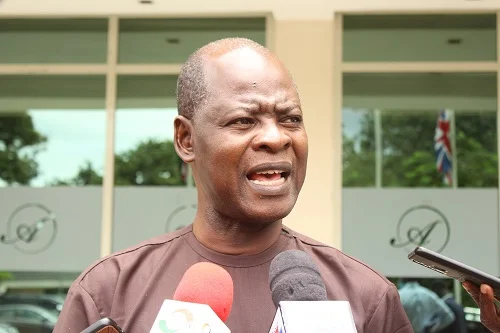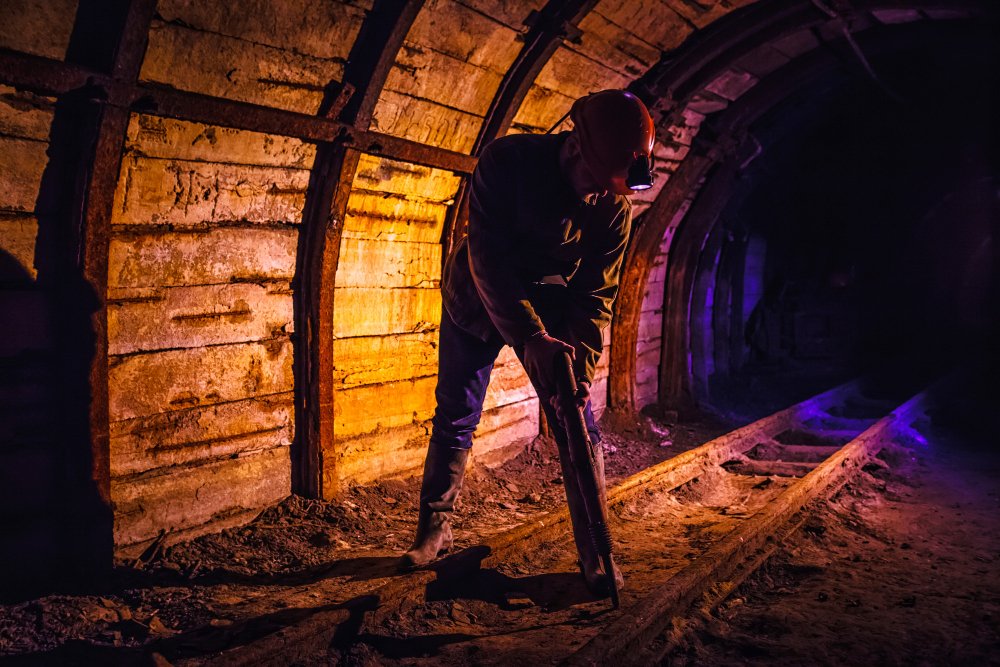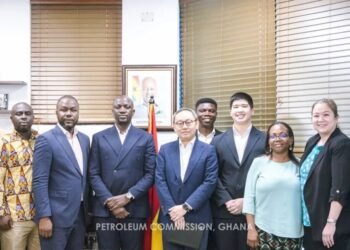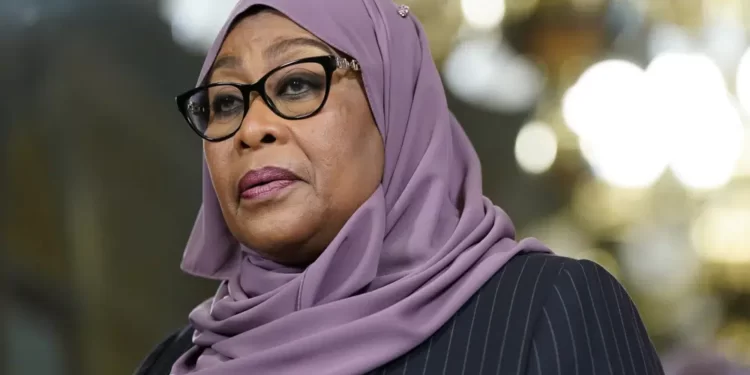Co-Chair of the Ghana Extractive Industries Transparency Initiative (GHEITI), Dr. Steve Manteaw, has urged regulators to introduce stricter technical requirements for the issuance of small-scale mining licenses, arguing that only qualified supervision can guarantee responsible and sustainable mining practices.
Speaking at a stakeholder engagement, Dr. Manteaw compared the mining sector to other regulated industries, such as pharmaceuticals, where professional oversight is mandatory.
“If you want to open a pharmacy but you are not a pharmacist, you need to produce the license of a registered pharmacist to operate. Why can’t we apply the same standard to small-scale mining?”
Dr. Steve Manteaw, Co-Chair of GHEITI
According to him, small-scale mining licenses should only be granted to applicants who can demonstrate proper supervisory arrangements with certified miners.

This, he explained, would ensure that mining activities are carried out professionally and with due regard for safety, efficiency, and environmental protection.
Dr. Manteaw stressed that the absence of robust technical and financial requirements in the current licensing framework has contributed significantly to the destruction of Ghana’s environment.
From polluted water bodies to degraded farmlands, the impact of unregulated mining, popularly known as galamsey has been devastating.
“The reality is that without competent oversight, small-scale mining becomes a free-for-all where environmental laws are disregarded.
“By insisting on certified supervision, we can drastically reduce the reckless practices that have left communities grappling with poisoned rivers and unsafe landscapes.”
Dr. Steve Manteaw, Co-Chair of GHEITI
He warned that without decisive reforms, the sector risks further undermining national development goals, including food security, public health, and long-term resource sustainability.
Tackling “Fronting” and Foreign Financing

Beyond environmental issues, Dr. Manteaw highlighted the growing problem of “fronting,” where local license holders act as proxies for foreign financiers.
This arrangement, he noted, not only undermines genuine local ownership but also enables illegal mining practices that deprive the state of revenue and weaken regulatory control.
“The loopholes in the current system have created a breeding ground for foreign interests to exploit local miners.
“By tightening licensing requirements to include background checks and proof of financial capacity, we can protect Ghanaian ownership and prevent the abuse of our mineral resources.”
Dr. Steve Manteaw, Co-Chair of GHEITI
The GHEITI Co-Chair insisted that reforms must strike a balance between creating opportunities for local entrepreneurs and safeguarding national interests.
In his view, rigorous licensing criteria would empower serious miners while filtering out speculative and irresponsible operators.

Dr. Manteaw called on the Minerals Commission and other regulatory bodies to adopt a holistic approach in reforming the small-scale mining sector.
He recommended that new licensing requirements incorporate technical supervision, financial capacity assessments, and thorough background checks to ensure that only qualified individuals and entities participate.
He argued that such measures would also enhance accountability within the sector, making it easier for regulators to monitor operations and enforce compliance with environmental and safety standards.
“This is not about shutting out Ghanaians from mining, but about raising standards so that the sector contributes meaningfully to the economy without destroying the very communities it is supposed to benefit.”
Dr. Steve Manteaw, Co-Chair of GHEITI
Reform Momentum Grows

His proposals come at a time when government and industry stakeholders are engaged in a wider review of Ghana’s Minerals and Mining Act, 2006 (Act 703).
With concerns over illegal mining intensifying, the debate has shifted towards how best to sanitize the small-scale mining industry while ensuring its potential as a driver of local economic growth.
Environmental groups, traditional leaders, and civil society organisations have long called for reforms that place stronger emphasis on sustainability and community welfare. Dr. Manteaw’s proposals align with these calls, adding a technical dimension to the conversation.
Small-scale mining plays a vital role in Ghana’s economy, employing hundreds of thousands of people and contributing significantly to gold exports.
However, its unregulated form has been blamed for widespread environmental degradation, illegal financial flows, and conflicts in mining communities.
His remarks add fresh momentum to the ongoing national debate on how to secure the future of Ghana’s mining sector.
As discussions over reforms continue, stakeholders will be closely watching whether government and regulators adopt the technical licensing standards he has proposed.
READ ALSO: Investors Snub T-Bills As Government Struggles to Raise GH¢6.7bn, Settles for GH¢3.2bn























